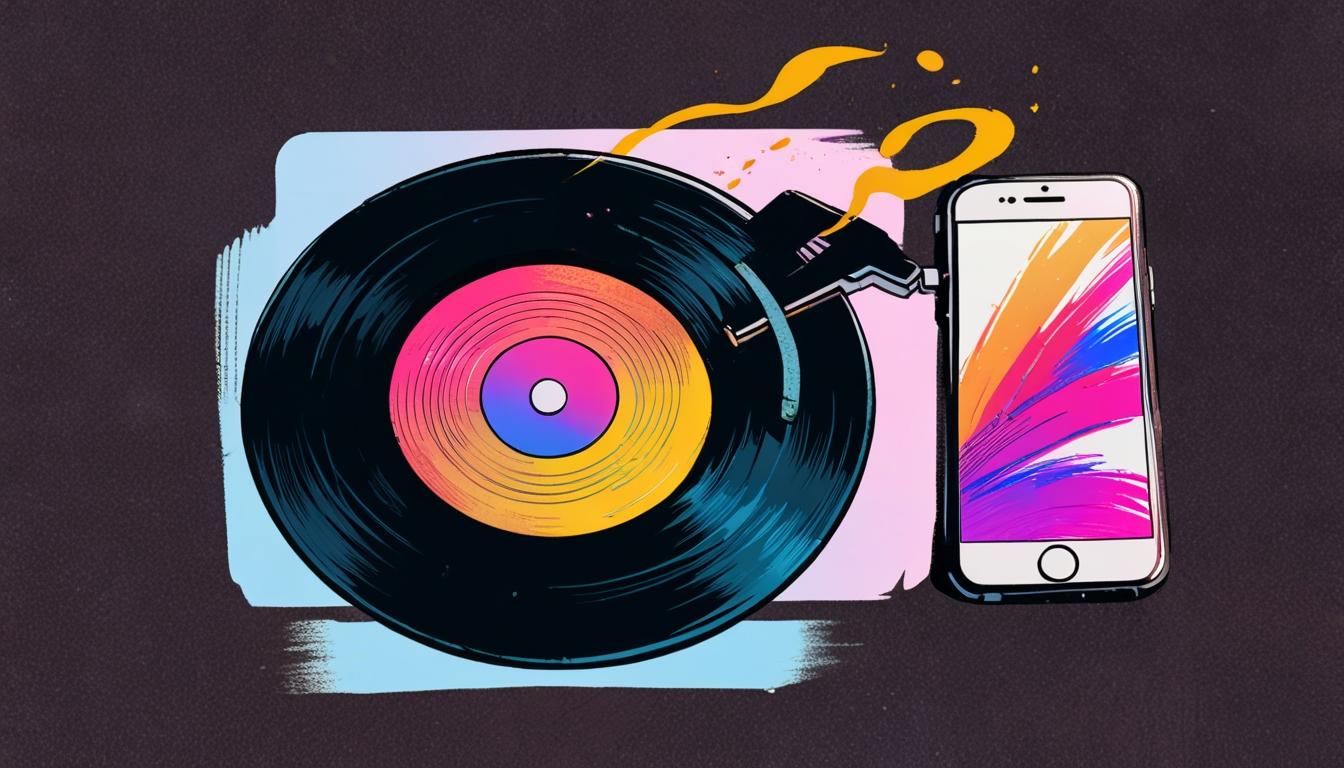As the 21st century reaches its quarter-century mark, reflections on cultural evolution highlight significant shifts, particularly in music. The Guardian has reviewed the journey of popular music since 2000 by examining the best-selling UK singles year by year, revealing trends and transformations shaped largely by technological advances such as streaming.
The list of biggest-selling singles from 2000 to 2024 presents a vivid snapshot of changing tastes. Beginning with novelty and charity singles like Bob the Builder's "Can We Fix It?" (2000) and Band Aid 20's "Do They Know It’s Christmas?" (2004), it moves through influential pop hits from artists such as Leona Lewis, Lady Gaga, Eminem, Adele, Drake, and Ed Sheeran, culminating in recent chart-toppers including Harry Styles' "As It Was" (2022), Miley Cyrus's "Flowers" (2023), and Noah Kahan's "Stick Season" (2024).
Music journalist Michael Cragg, author of the oral history "Reach for the Stars," offers valuable insight into these trends. He identifies 2014 as a pivotal year when the UK chart compilers integrated streaming data with physical sales, exactly mirroring a change in how listeners consumed music. Cragg explains that before streaming dominated, big hits often stemmed from a sense of monoculture, with television talent shows such as The X Factor fostering collective engagement and driving single sales. Post-2014, charts have aligned closely with streaming habits, where popularity corresponds to frequent plays on digital platforms. Four of Spotify’s five most-streamed songs—The Weeknd’s "Blinding Lights," Ed Sheeran’s "Shape of You," Lewis Capaldi’s "Someone You Loved," and Harry Styles’ "As It Was"—also top the best-sellers’ list.
Cragg also observes a notable absence of certain genres long associated with popular music. Rock music is absent from the list of biggest singles, dance music features minimally aside from Calvin Harris's collaborations, and UK rap appears underrepresented despite its growing influence. “Genre,” he notes, has blurred significantly with individual artists blending multiple styles, reflecting the diverse influences in contemporary pop. For example, Sheeran’s "Shape of You," initially written for Rihanna, carries elements of dancehall and tropical house, a genre approach that fits comfortably within today’s streaming-driven musical landscape.
Interestingly, global music trends such as the rise of Latin pop and K-pop have yet to make a pronounced impact on UK best-sellers, a point Cragg finds surprising given the internationalisation of the pop market in recent years.
The list is dominated by solo artists or collaborations between solo artists, with groups largely making way for individuals—a phenomenon likely tied to the influence of TV talent shows, where solo acts have tended to dominate. Bands, according to Cragg, tend to remain more genre-specific and thus are less optimally served by the playlist culture prevalent in streaming platforms.
An observation made by Cragg is the prevalence of what critic Peter Robinson dubbed the "new boring": a trend toward singer-songwriters producing mellow, melodic ballads that can be playlisted easily but lack distinctiveness or challenge. Contributors to this trend include artists such as Adele, Lewis Capaldi, and Ed Sheeran, whose songs dominate this list. Even standout performers such as Harry Styles and Miley Cyrus have hits that lean towards this more muted, bland sound compared to some of their other works.
Notably absent from the list are major pop icons like One Direction (though Harry Styles represents a link), Beyoncé, and Taylor Swift. Cragg explains Swift's considerable popularity is more evident in her album sales than in single sales, where physical editions, often in multiple collector variants, remain significant.
Cragg names Ed Sheeran as the artist who best encapsulates 21st-century popular music’s evolution, labelling him a "streaming native." Sheeran's two appearances on the list (2017’s "Shape of You" and 2021’s "Bad Habits") align with the rise of digital music consumption. Cragg predicts that Sheeran could reclaim the top spot in the near future, continuing his influence in the streaming era.
This collection of best-selling singles and expert analysis collectively illustrates the profound ways in which technology, cultural consumption, and artist strategies have reshaped music over the last 25 years according to The Guardian. The dynamic evolution from the physical sales-driven pop landscape of the early 2000s to today’s streaming-centric scene offers a detailed perspective on how the music industry and audience habits have transformed as the 21st century progresses.
Source: Noah Wire Services
